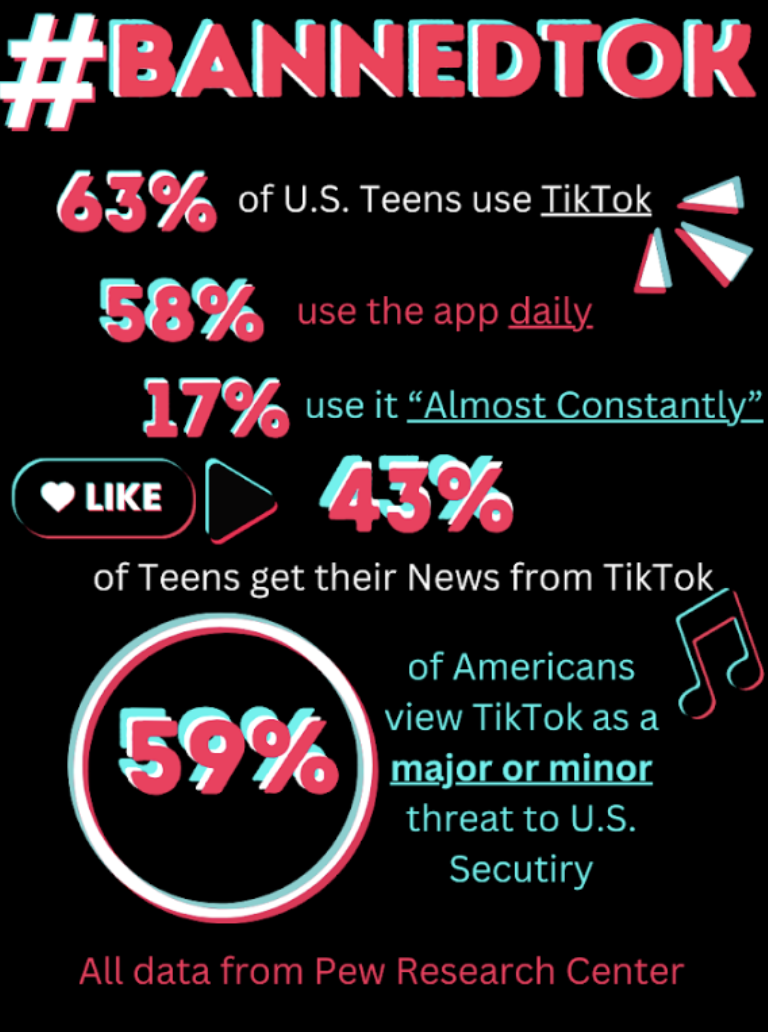Sexism exhibited through Yik Yak

What started as a harmless app, Yik Yak, the anonymous social media, has challenged Staples students’ spirit, ethics, and environment. One particular part of the Staples culture that is being questioned is sexism, which some would say shined through loud and clear in Yik Yak.
Throughout the app’s news feed, readers could see mostly posts about girls at Staples and particularly their bodies.
It’s true that a number of posts referred to boys and Staples staff, usually negatively and sometimes sexually. But the majority of posts referenced girls, usually sexually, and often violently.
The posts ranged from mild, like those that bashed other schools’ sports teams, to very vulgar, like those that targeted girls’ bodies, weight, and reputations. Some implied rape.
Students agreed that most posts were offensive, even without direct targeting. Bonya Kleiman ’16 explained that she felt sorry for the people who were targeted, but the comments impacted her as well. “It’s not right that just because I happen to be a girl, I have to constantly worry about these disrespectful people surveying my body and the way I look,” Kleiman said.
For many, Yik Yak raised questoins of an underlying misogyny at Staples.
“Despite liberation, things haven’t changed. Girls’ behaviors and appearances have always been more unfairly scrutinized and judged than boys’. While norms have changed, the fact that the word slut is still so popular and is used for girls, not boys, says something,” guidance counselor Deborah Slocum said.
While Yik Yak hurt many students and has been said to reflect a small handful of students who are sexist, the population of girls at Staples was targeted in a different kind of way: possible sexual harassment.
The US Equal Employment Opportunity Commission defines sexual harassment as “unwelcome sexual advances, requests for sexual favors, and other verbal or physical harassment of a sexual nature. Harassment does not have to be of a sexual nature, however, and can include offensive remarks about a person’s sex.”
Charlotte Steinberg ‘16 described how while the comments may not be direct sexual harassment, they impaired the learning environment. “I think with the sexual stuff, a lot of it was probably rumors, but it’s really embarrassing, tough to deal with,” said Steinberg.
Elizabeth Sila ’16 raised the issue of changed teacher-student relationships changing.
“One of my teachers said that some of the things she read about her students made her feel uncomfortable to look them in the face” Sila said.
At Staples, videos, presentations, and everyday discussion highlight the importance of acceptance. However, many students feel that through Yik Yak, other issues surfaced, especially the way girls are treated.
Describing the disappointment after seeing the sexist posts, Aaron Samuels ‘16 said, “It just reminds us that there’s still hate in school and we have to stay vigilant about promoting respect.”

Kaila Finn’s creativity is showcased not only in her writing forInklings but in her love for cooking. Finn loves all things food. She reads cookbooks,...





















































